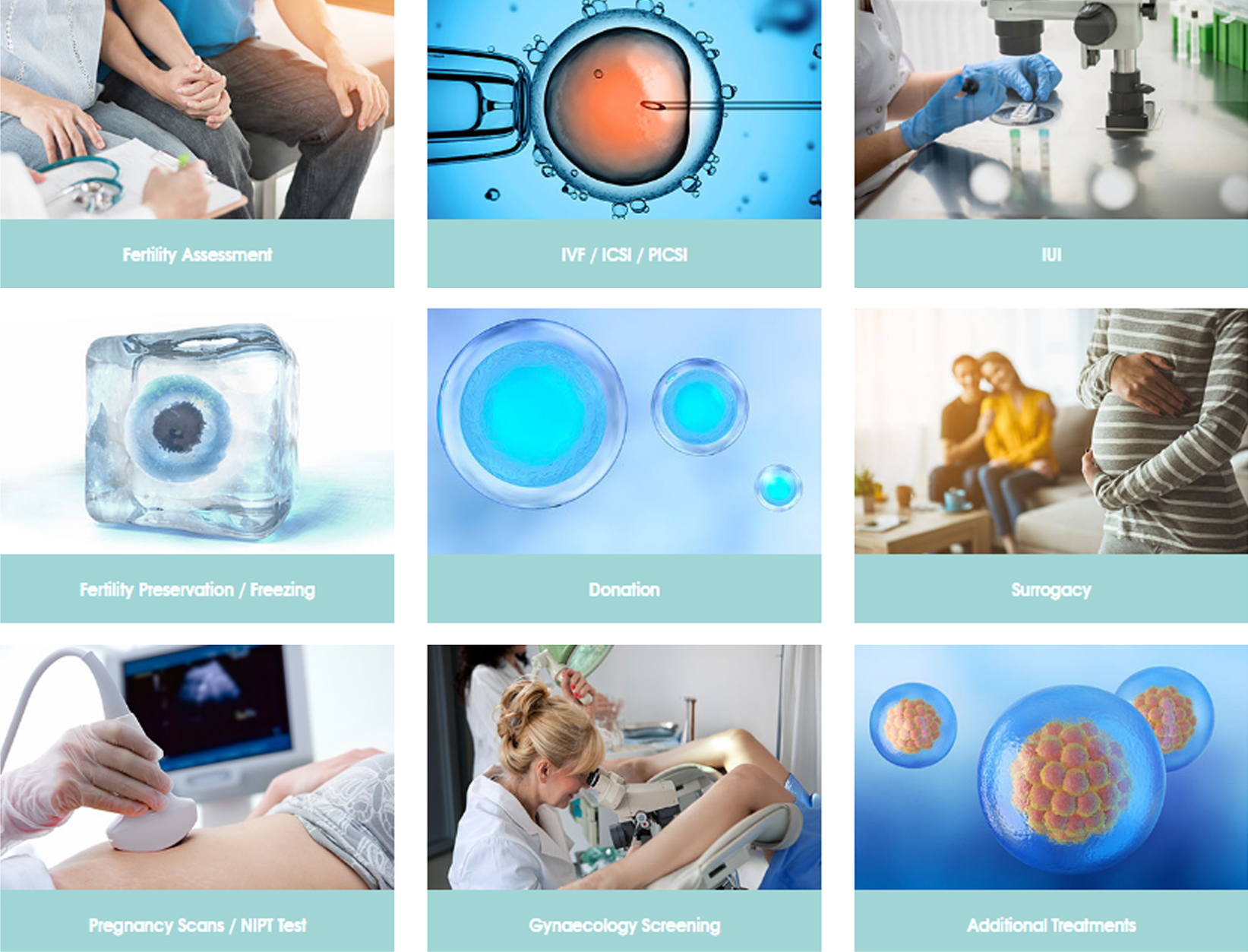8th November 2024
Fertility
Follow the latest news and developments in the world of fertility.
< View all our fertility news and posts


November marks Men’s Health Awareness Month, a time to bring attention to the vital issues affecting men’s wellbeing, including an often-overlooked topic: male factor infertility. At Herts & Essex Fertility Centre, we recognise that fertility concerns affect both partners and that addressing male reproductive health is key to holistic fertility care. In this article, we explore male factor infertility, its causes, and the pathways to effective diagnosis and treatment.
Understanding Male Factor Infertility
Male factor infertility contributes to about 50% of infertility (source: National Library of Medicine), yet it remains surrounded by stigma and limited awareness. Infertility is defined as the inability to achieve pregnancy after one year of regular, unprotected intercourse. When male factors are involved, it often relates to problems with sperm production, quality, or the transport of sperm.
Common Causes of Male Factor Infertility
- Sperm Production Issues: These include:
- Low Sperm Count (Oligospermia): When sperm concentration is below the normal range.
- Absence of Sperm (Azoospermia): When no sperm are present in the ejaculate.
- Abnormal Sperm Shape (Teratozoospermia): High percentage of misshapen sperm can affect fertility.
- Motility and Quality:
- Low Motility: Sperm must be able to move properly to reach the egg.
- DNA Integrity: Compromised sperm DNA can lead to difficulty in achieving pregnancy and may increase miscarriage risk.
- Hormonal Imbalances: Hormones play a vital role in sperm production. Disorders affecting the pituitary gland, thyroid, or testosterone production can lead to reduced fertility.
- Obstructions:
- Blockages: These can occur in the tubes that transport sperm due to congenital issues, infections, or surgeries.
- Varicocele: Enlarged veins in the scrotum that can impact temperature regulation and sperm quality.
- Genetic Factors: Conditions like Klinefelter syndrome or Y chromosome microdeletions can impact fertility by affecting sperm production and function.
- Lifestyle and Environmental Factors:
- Toxins and Radiation: Environmental exposures can reduce sperm production.
- Smoking, Alcohol, and Drug Use: These habits negatively affect sperm quality and hormonal balance.
- Diet and Weight: Obesity and poor nutrition can disrupt hormone levels and sperm health.
- Medical Conditions:
- Infections: Sexually Transmitted Infections (STIs) and other infections can damage reproductive organs or lead to scarring.
- Chronic Illnesses: Conditions such as diabetes or autoimmune diseases can interfere with fertility.
Diagnosing Male Factor Infertility
At Herts & Essex Fertility Centre, we begin the diagnostic process with a comprehensive semen analysis to assess sperm count, motility, and morphology. Hormonal testing can help identify underlying endocrine issues, while genetic testing may be warranted for severe cases or unexplained infertility. Ultrasound imaging and other diagnostic techniques may also be used to detect varicoceles or blockages.
Treatment Options and Support
Treatment for male factor infertility depends on its cause:
- Lifestyle Modifications: Improving diet, reducing stress, and avoiding harmful habits can make a significant difference.
- Medications: Hormonal treatments or antibiotics for infections can restore normal function.
- Surgical Interventions: Correcting physical issues like varicocele repair or vasectomy reversal.
- Assisted Reproductive Technologies (ART): Techniques such as intrauterine insemination (IUI) or in vitro fertilisation (IVF) are available, often enhanced by intracytoplasmic sperm injection (ICSI), where a single healthy sperm is injected directly into the egg.
Why Awareness Matters
Addressing male fertility as part of Men’s Health Awareness Month is essential for empowering men to seek help and reduce stigma. Fertility is not just a “woman’s issue,” and by focusing on shared responsibility, couples can work together to find solutions. Early intervention and open discussions are vital for successful outcomes.
To this point, the HFEA published a blog titled Fertility Treatment, the forgotten partner, where a former fertility patient and member of the Patient Engagement Forum, spoke about the struggles of her partner during fertility treatment.
Despite being fairly common male infertility is a taboo subject. In fact, a survey by Fertility Network UK has shown that men diagnosed with infertility feel emasculated and suffer from poor mental health. However, there is little support and treatments are so focused on the partner who will carry the pregnancy, that men (and other partners) often feel left out of the treatment process.
“In the years of infertility, not one healthcare professional or counsellor asked how my husband felt, despite continually asking me. The whole process was focused on how I felt and what I was going through, with little thought about how the partner might be feeling.”
Fertility treatment can be an emotional rollercoaster so getting support from people who can relate to what you’re going through is very important. The HFEA published a page on Getting Emotional Support that will help you understand the different types of support available and how to find them. One source is this HFEA video on Where to get support during fertility treatment.
Moving Forward with Support
At the Herts & Essex Fertility Centre, we understand that dealing with infertility can be overwhelming. Our team is dedicated to providing compassionate, personalised care and guiding you through every step of your fertility journey. Whether you’re seeking initial consultations or advanced treatments, we’re here to support you with evidence-based approaches and empathetic expertise.
This November, let’s start the conversation by recognising and addressing male factor infertility to pave the way for new possibilities and hope for those on their path to parenthood.
For more information or to schedule a consultation, contact us. We’re here to help you explore the best options for your fertility journey.






